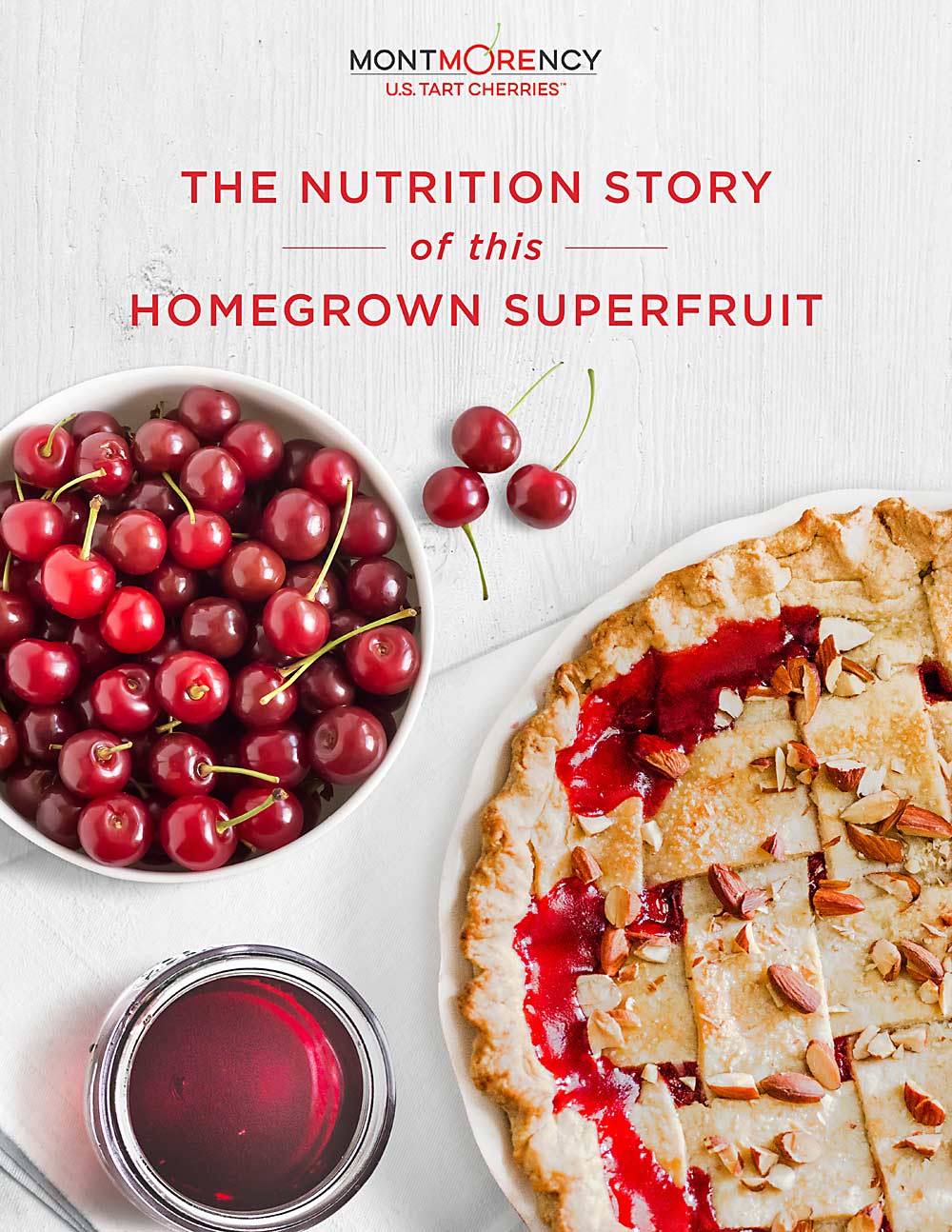U.S. tart cherry producers and processors voted to continue the industry’s federal marketing order, the Cherry Industry Administrative Board, for six more years.
The U.S. Department of Agriculture mailed ballots to growers and handlers in March and announced the results of the referendum vote on May 21. Fifty-three percent of producers (representing 68 percent of industry volume) and 57 percent of processors (representing 69 percent of industry volume) voted to continue the marketing order. Renewal requires at least 50 percent of all producers and processors voting in support — or those voting in support must represent at least 50 percent of industry production. USDA’s Secretary of Agriculture makes the final decision about CIAB’s fate, but that decision is heavily influenced by how the industry votes.
The 2020 renewal vote passed by smaller margins than the previous referendum in 2014, when 76 percent of growers and 74 percent of handlers voted to renew. The lower level of support might reflect the greater number of challenges facing the industry now, including higher input costs, lower profits and cheap imports flooding the domestic market. Cherry growers received 15 cents a pound for the last three seasons, which is about half the cost of production. Some growers and processors object to CIAB’s ability to restrict the amount of cherries that enter the domestic market, believing such restrictions contribute to the industry’s current competitive disadvantage.

CIAB was created in 1996. The industry votes on its renewal every six years. The order’s chief responsibilities are regulating domestic supply and funding research and promotion programs on behalf of the industry. Its annual budget varies, depending on production, but was $1.3 million in 2019–20. The budget is gathered from handler assessments. The order currently charges handlers an assessment of 0.00575 cents per pound, most of which goes to its promotion and research activities.
Located in Michigan, where a majority of the country’s tart cherries are grown, CIAB includes producers and processors from New York, Oregon, Pennsylvania, Utah, Washington and Wisconsin.
—Matt Milkovich






Leave A Comment